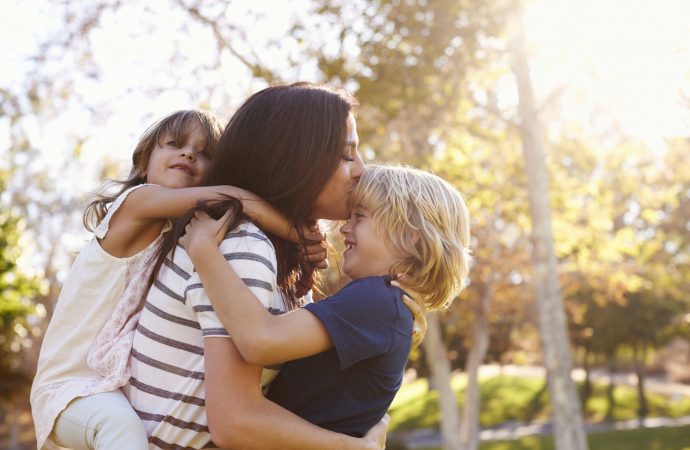What are you thankful for today? Have you taken the time to teach your children the importance of expressing gratitude? Kids who are taught gratitude are more likely to be appreciative of what they have, and new research has shown they experience a variety of other benefits, too.
A study published in School Psychology Review found that a week of training on giving and similar concepts made kids not only more thankful, but more likely to show their gratitude: nearly half opted to write thank-you notes at the end of the curriculum.
“The old adage that virtues are caught, not taught, applies here,”
explains Robert Emmons, a psychology professor at the University of California, Davis. Emmons says that parents should be an example and demonstrate behavior that will help children develop a sense of gratitude. What’s more, a 2008 study in the Journal of Happiness Studies showed that being grateful also helped children to better appreciate one another, have a better outlook, and even earn higher GPAs.
A 2013 long-term study in Personality and Social Psychology Bulletin showed that kids are increasingly taught to desire more money, but are not as willing to work hard to earn that money.
Dr. Froh, associate professor of psychology at Hofstra University says:
“Express gratitude to your spouse. Thank your kids. Parents say, ‘Why should I thank them for doing something they should do, like clean their room?’ By reinforcing this, kids will internalize the idea and do it on their own.” Dr. Emmons also adds, “As we get older, the give and take of life is driven by expectations around tit-for-tat reciprocity. Kids have a natural affinity to gratitude. They often teach parents as much or more about gratitude than the other way around.”








Leave a Comment
Your email address will not be published. Required fields are marked with *